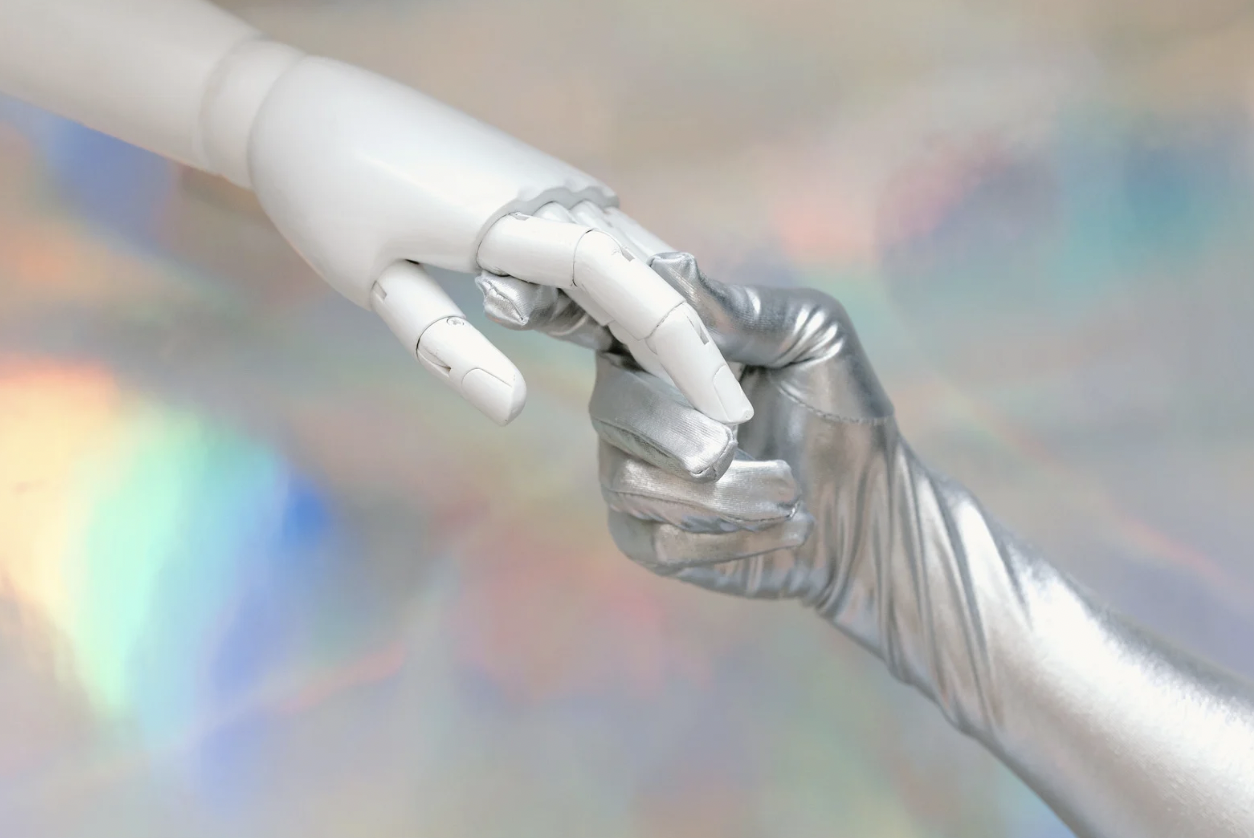
Given the urgent need to reduce our waste production, recycling has become a major challenge for our societies. Fortunately, many technological innovations are emerging to meet this challenge and optimize sorting, recycling and materials recovery processes.
From artificial intelligence to advanced chemical processes, here’s an overview of the latest advances that are helping to improve recycling rates and the quality of recycled materials.
Artificial intelligence for waste sorting
One of the main innovations shaking up the recycling sector is artificial intelligence (AI). Thanks to image recognition and classification algorithms, AI makes it possible to automate and optimize waste sorting processes, a crucial step for efficient recovery.
Optical sorting systems equipped with AI are capable of identifying the nature of the different materials present in a waste stream (plastics, metals, glass, etc.) with great precision, and separating them with far greater reliability than traditional manual or mechanical methods.
Thanks to machine learning, AI algorithms achieve recognition rates of over 95% for most types of waste. This not only improves sorting yields, but also helps preserve the purity of material streams, which is essential for recycling.
Beyond optical sorting, AI also has applications in sorting by detecting the physico-chemical properties of waste, such as density or electrical conductivity. Sensors coupled with AI algorithms enable the precise separation of different plastic polymers, a major challenge for recycling.
Robotics, a master hand at sorting
Another technological innovation revolutionizing recycling is the arrival of robotics in sorting centers. Robotic arms equipped with camera vision systems are capable of grasping and sorting a wide variety of objects and waste with great dexterity.
In addition to sorting, robotics are also involved in other stages of recycling, such as the dismantling of complex products like electronic equipment. Robotic arms equipped with specialized tools can precisely dismantle these devices to extract the various components and materials, facilitating their recycling.


Chemical processes: a new approach to recycling
While sorting waste is an essential step, recycling itself also requires cutting-edge technological innovations. This is particularly true of advanced chemical processes, which enable us to recycle materials that were previously difficult to recover.
These innovations include the plastic depolymerization process. This technology breaks down polymers into their basic monomers, which can then be reused to produce new, virgin plastics with properties identical to those of plastics derived from fossil resources.
Other chemical innovations aim to valorize organic waste, such as agri-food residues or sewage sludge. Biomethanization or pyrolysis processes can be used to transform them into biogas, biofuels or new materials, thereby reducing the need for landfill.
Major environmental and economic benefits
These technological innovations in recycling bring considerable environmental and economic benefits. By improving collection, sorting and recycling rates, they drastically reduce the amount of waste sent to landfill or incineration.
« Thanks to our AI sorting solutions, we’ve been able to increase recycling rates for certain waste streams by over 30%, » boasts Julien Durand of Recycl’IA. « This translates into a significant reduction in greenhouse gas emissions and the consumption of virgin natural resources. »
In addition to their environmental benefits, these technological innovations also bring significant economic advantages. By improving the quality and purity of recycled materials, they enable them to be sold at a better price on the market, making recycling more profitable for companies.
« Our chemical recycling processes enable us to produce secondary raw materials at a cost that is competitive with fossil resources, » says Mathilde Guérin of Plast’ik. « It’s an essential lever for developing sustainable, competitive recycling channels. »
Towards a large-scale circular economy
Over and above their immediate impact, these technological innovations in recycling pave the way for a genuine transformation of our economic model towards a large-scale circular economy.
By making recycling more efficient, more profitable and more accessible, they enable us to complete the life cycles of products and materials, thereby reducing our dependence on virgin natural resources.
« These cutting-edge technologies are essential if we are to move from a linear logic of production-consumption-waste to a circular model in which waste becomes a resource, » stresses Éric Lemaire of Robo-Tri. « It’s a major lever for accelerating the ecological transition of our societies. »
However, for these technological innovations to reach their full potential, it is crucial that they are accompanied by other changes, notably in regulations, business models and consumer behavior.
This is the challenge of the years to come: to combine technological advances with the societal transformations needed to build a truly circular, sustainable and environmentally-friendly economy.
Discover CircularPlace, the platform dedicated to reuse!
#Recycling #CircularEconomy #TechnologicalInnovation #WeAreCircular
Read also
Questions about CircularPlace?



